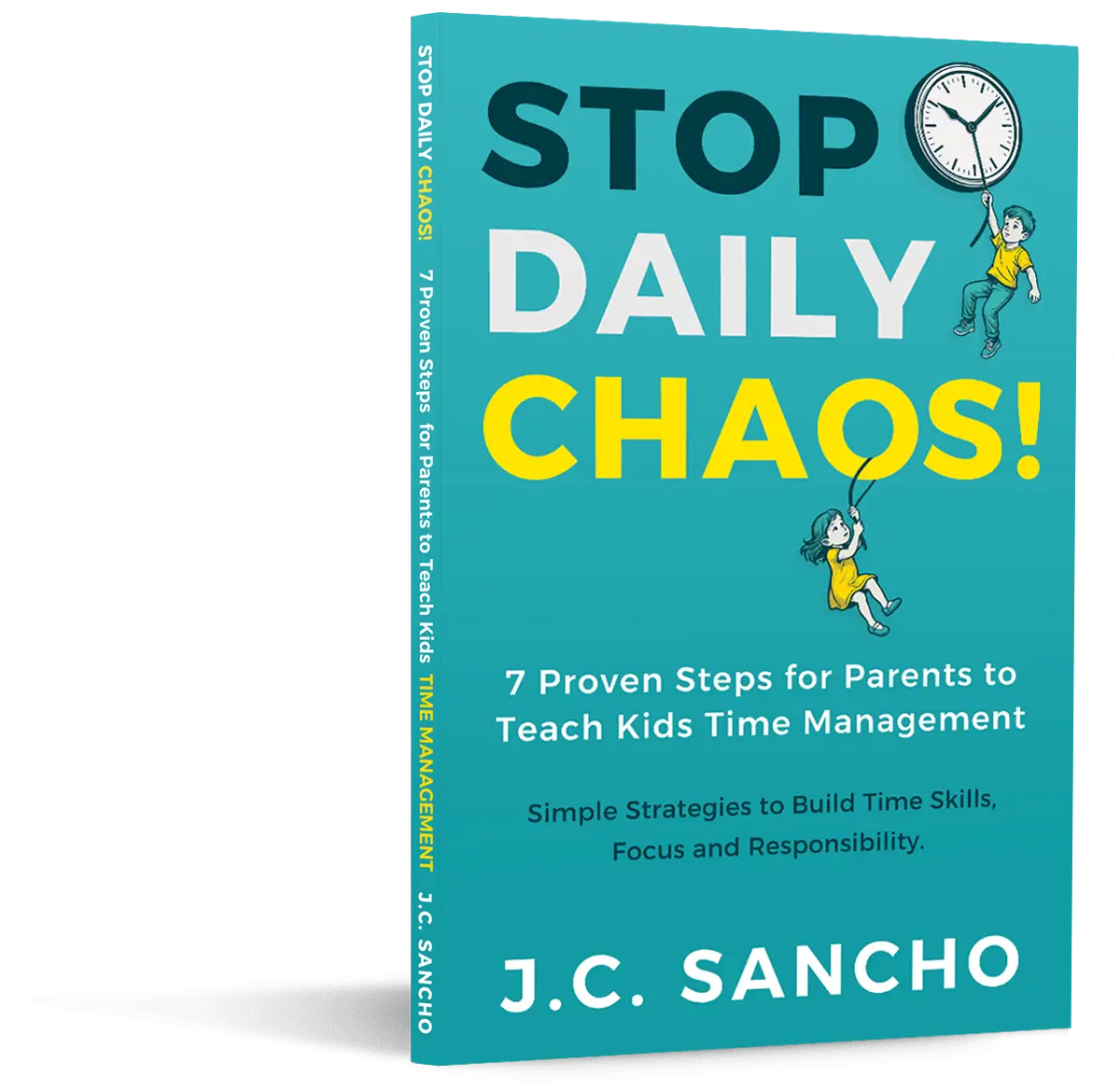The leap from high school to college marks one of the most significant transitions in a young person’s life. For parents, this moment brings pride, hope, and a measure of worry—because college demands far more than academic ability. Teens must manage daily life, stress, decisions, social challenges, time, finances, and personal well-being without a parent nearby to guide every step.
College readiness is not only about entrance exams or study habits. It is about independence. It is about the ability to manage real life—health, finances, time, communication, relationships, and problem-solving. Preparing your teen with these life skills strengthens their safety, confidence, and resilience during the first year away from home.
This guide outlines the essential life skills teens should develop before college and offers clear strategies for teaching them at home.
What Life Skills Really Are—and Why They Matter for College Transition
Life skills include the practical, social, emotional, and cognitive abilities that help young adults navigate environments outside their familiar routines. These skills become the backbone of independence.
Key areas include:
• Daily living skills
• Money management
• Time management
• Communication skills
• Health and self-care
• Emotional regulation
• Problem-solving
• Decision-making
• Safety skills
These are not add-ons—they are core competencies that influence:
• Academic performance
• Mental health
• Roommate relationships
• Conflict resolution
• Safety
• Long-term stability
Teens who enter college with strong life skills experience smoother transitions, fewer crises, and greater academic and emotional stability.
Essential Life Skills Every Teen Should Build Before College
Below are the foundational categories your teen needs to thrive when living independently.
1. Daily Living Skills: Managing Life Without Parental Supervision
Cooking Basics
A teen heading to college should know how to prepare simple, nutritious meals. While campus dining exists, students benefit from basic cooking skills when eating off-campus, using dorm kitchens, or managing dietary needs.
Teach your teen to:
• Make basic breakfasts and lunches
• Cook simple dinners (pasta, rice dishes, stir-fries, baked chicken, roasted vegetables)
• Use kitchen appliances safely
• Store food properly
• Plan simple grocery lists
Healthy eating improves mental clarity, sleep, and immunity—key factors for academic success.
Laundry and Clothing Care
Unwashed clothes pile up fast. Teach your teen:
• How to sort laundry
• How to use washers and dryers
• How to read clothing tags
• Basic stain treatment
• Folding and storing clothes
Cleaning and Room Organization
Dorm rooms get messy quickly, and clutter affects focus and hygiene.
Teach:
• Basic cleaning routines
• Trash disposal
• Bathroom and kitchen maintenance
• Organization skills
Small habits create stable routines that reduce stress.
2. Financial Literacy: Managing Money Without Overspending
College introduces expenses—textbooks, food, transportation, social events, supplies, unexpected costs.
Teens should know:
• How to create and maintain a budget
• How to track spending
• How debit cards and bank accounts work
• How to identify financial scams
• How to avoid overdrafts
• How to use credit responsibly
• How to save for short-term needs
Practice at home:
• Give them a budget for school shopping
• Have them manage a monthly allowance
• Review bank statements together
• Teach them about interest, late fees, subscriptions, and bills
Understanding money reduces stress and prevents costly mistakes.
3. Scheduling, Planning, and Time Management
A teen’s schedule shifts dramatically in college. Without structure, deadlines slip, sleep suffers, and anxiety grows.
Teach your teen to:
• Use digital or paper planners
• Break assignments into smaller steps
• Plan weekly schedules
• Prioritize tasks
• Protect study time
• Balance classes, work, and social activities
Model planning at home, involve them in household scheduling, and let them take ownership of timelines.
Strong time management supports both academic and emotional stability.
4. Communication Skills and Self-Advocacy
College requires teens to communicate with:
• Professors
• Advisors
• Roommates
• Peers
• Employers
• Medical staff
They must advocate for themselves without parental intervention.
Teach your teen to:
• Write professional emails
• Ask for clarification during classes
• Attend office hours
• Communicate needs respectfully
• Resolve conflict calmly
Role-play common scenarios:
• Asking a professor for help
• Discussing concerns with a roommate
• Speaking with an advisor about scheduling
• Talking to staff about dorm issues
Communication skills are a major predictor of college success.
5. Emotional Regulation, Stress Management, and Resilience
College brings new pressures—academic rigor, social dynamics, homesickness, freedom, and competing demands.
Teens should know how to:
• Recognize stress
• Practice coping strategies (breathing, exercise, journaling, reaching out for support)
• Build healthy sleep routines
• Set boundaries
• Identify early signs of burnout
• Seek help from counselors or advisors
Talk openly about:
• Handling overwhelm
• Navigating rejection
• Managing conflict
• Balancing social life with academics
Resilience grows through open communication and experience.
6. Health, Safety, and Self-Care Skills
Independence requires responsibility for physical and mental health.
Teens should know how to:
• Schedule medical appointments
• Understand basic first aid
• Manage medications
• Recognize when to seek help
• Maintain personal hygiene
• Handle minor illnesses
• Navigate campus safety resources
Discuss safety topics openly:
• Avoiding risky situations
• Consenting and boundaries
• Staying aware in unfamiliar environments
• Using campus escorts when needed
• Identifying safe adults on campus
Clear guidance prepares them for real-world decisions.
7. Problem-Solving and Decision-Making
College life presents daily decisions, from academic challenges to interpersonal issues. Teens must learn to evaluate choices without relying on parents to fix problems.
Teach them to:
• Identify the problem
• Evaluate options
• Consider consequences
• Make decisions independently
• Learn from outcomes
Encourage them to handle:
• Scheduling issues
• Roommate conflicts
• Financial hiccups
• Academic challenges
Be supportive but avoid solving problems for them. Guidance builds competence.
Common Challenges Parents Face During Preparation
Difficulty Letting Go
Parents often struggle with stepping back. Allowing teens to make mistakes helps them develop resilience. Support them, but avoid managing every detail.
Teen Resistance
Teens resist lessons when they see them as nagging. Connect skills to their goals:
• “This helps you save money for fun things.”
• “This helps you avoid stress during exams.”
• “This helps you live independently.”
Relevance builds motivation.
Rushing the Process
Life skills develop through practice, not lectures. Introduce them gradually, build habits, and encourage independence.
Parent Questions Answered
What if my teen refuses to learn these skills?
Connect the skills to independence and freedom. Teens respond well when they see practical benefits to their autonomy.
How early should I start teaching life skills?
Start early, but it is never too late. Focus on age-appropriate guidance and hands-on practice.
What if my teen still struggles once they’re in college?
Mistakes and setbacks are part of the learning process. Encourage them to seek campus support services and practice problem-solving.
Supporting Your Teen’s Transition With Confidence and Connection
Preparing a teen for college is not about perfection—it’s about building steady habits, independence, and confidence. Your role shifts from manager to coach. You provide support, boundaries, and space for growth. Your teen builds competence through practice.
Together, you create the foundation for independence, resilience, and success in their next chapter.



